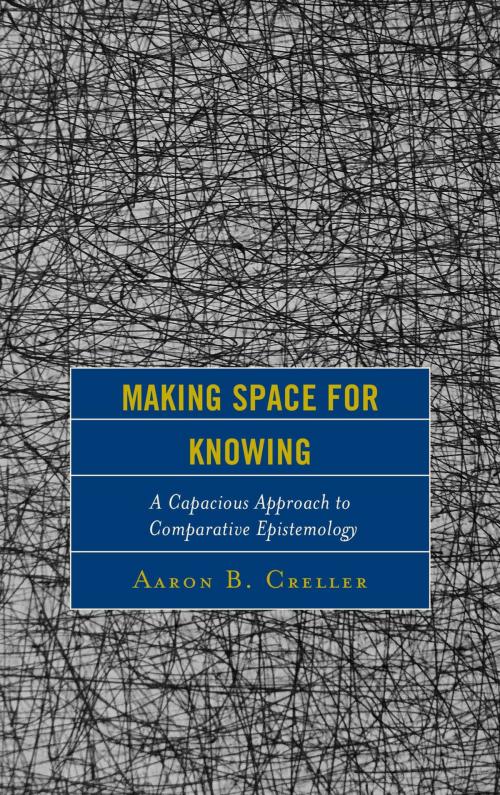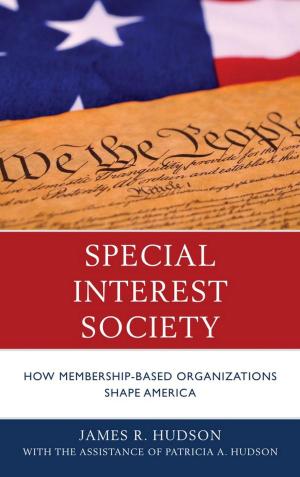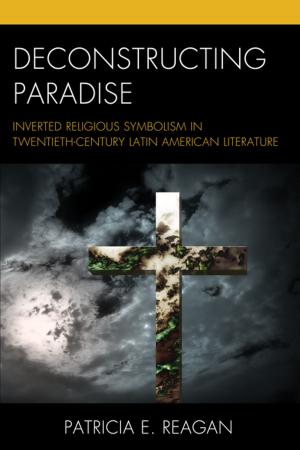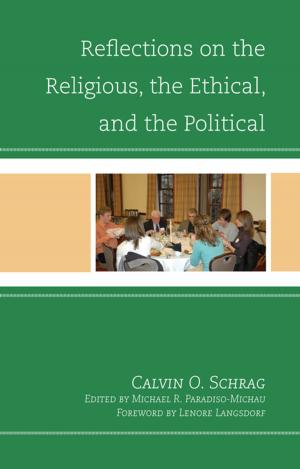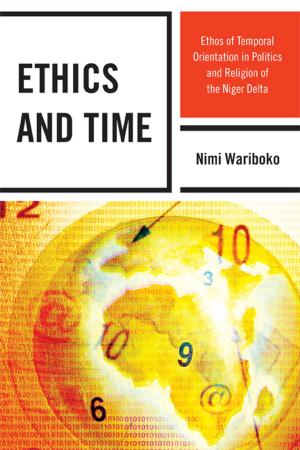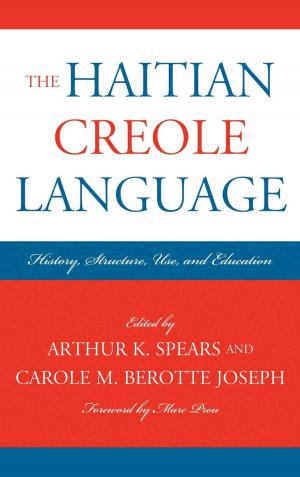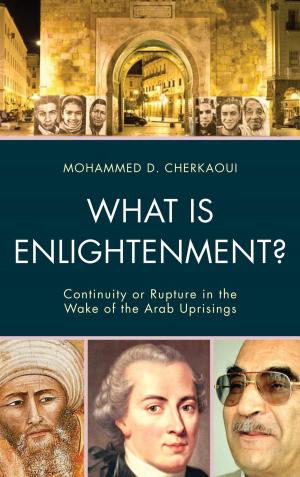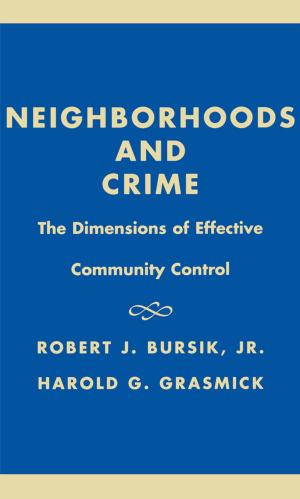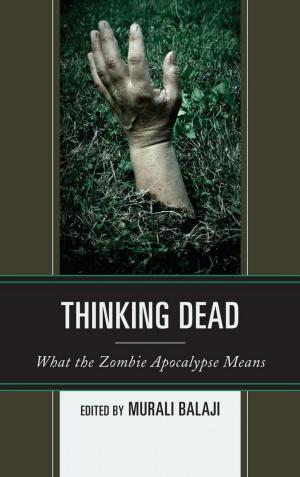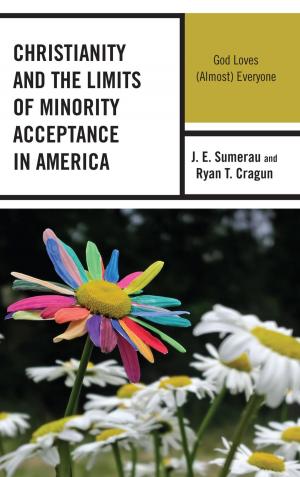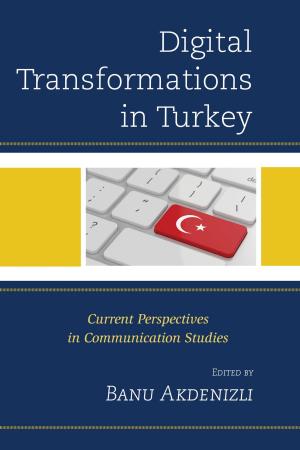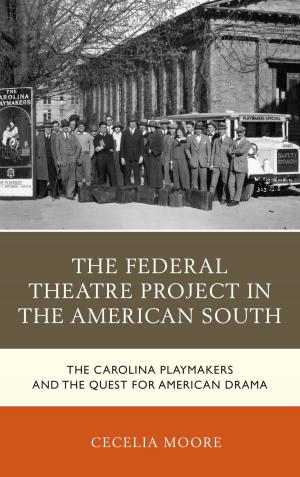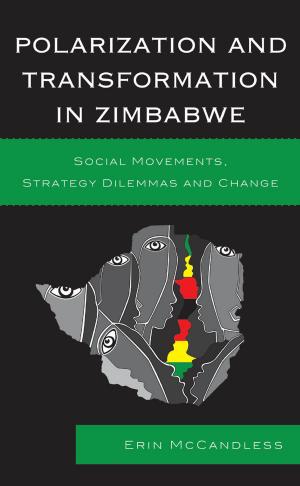Making Space for Knowing
A Capacious Approach to Comparative Epistemology
Nonfiction, History, Asian, Asia, Religion & Spirituality, Philosophy, Mind & Body| Author: | Aaron B. Creller | ISBN: | 9781498547093 |
| Publisher: | Lexington Books | Publication: | December 20, 2017 |
| Imprint: | Lexington Books | Language: | English |
| Author: | Aaron B. Creller |
| ISBN: | 9781498547093 |
| Publisher: | Lexington Books |
| Publication: | December 20, 2017 |
| Imprint: | Lexington Books |
| Language: | English |
Making Space for Knowing: A Capacious Approach to Comparative Epistemology is an intervention in mainstream Western epistemology, especially as it relates to theories of knowledge, knowing, and knowers. Through its focus on propositional knowledge, contemporary mainstream epistemology has narrowed the scope of the definition of “knowledge” to a point where it fails to accurately describe the structure of knowing and prevents a genuine understanding of “knowledge” across different contexts and cultures. By drawing on resources in analytic philosophy and hermeneutics, Aaron B. Creller outlines an approach to comparative epistemology that makes space for the particularity of non-Western approaches to knowing. It then further develops this model by engaging with classical Chinese philosophy and twentieth-century Chinese epistemologists, offering a set of best practices for comparative epistemology.
Making Space for Knowing: A Capacious Approach to Comparative Epistemology is an intervention in mainstream Western epistemology, especially as it relates to theories of knowledge, knowing, and knowers. Through its focus on propositional knowledge, contemporary mainstream epistemology has narrowed the scope of the definition of “knowledge” to a point where it fails to accurately describe the structure of knowing and prevents a genuine understanding of “knowledge” across different contexts and cultures. By drawing on resources in analytic philosophy and hermeneutics, Aaron B. Creller outlines an approach to comparative epistemology that makes space for the particularity of non-Western approaches to knowing. It then further develops this model by engaging with classical Chinese philosophy and twentieth-century Chinese epistemologists, offering a set of best practices for comparative epistemology.
